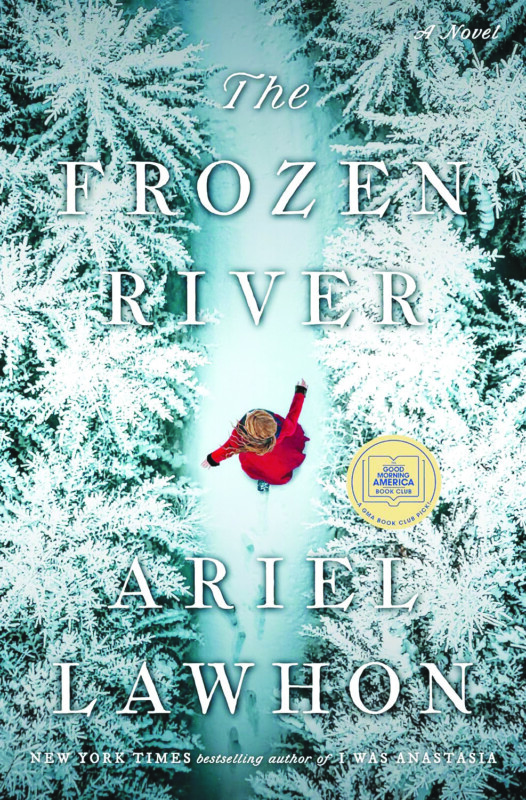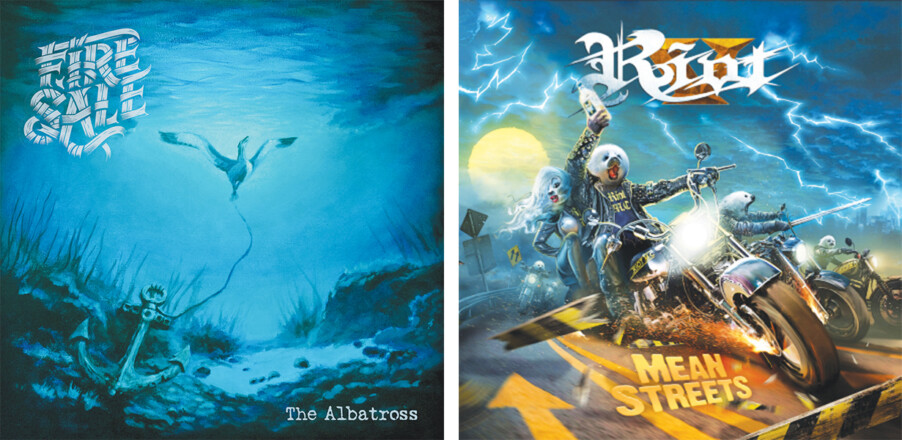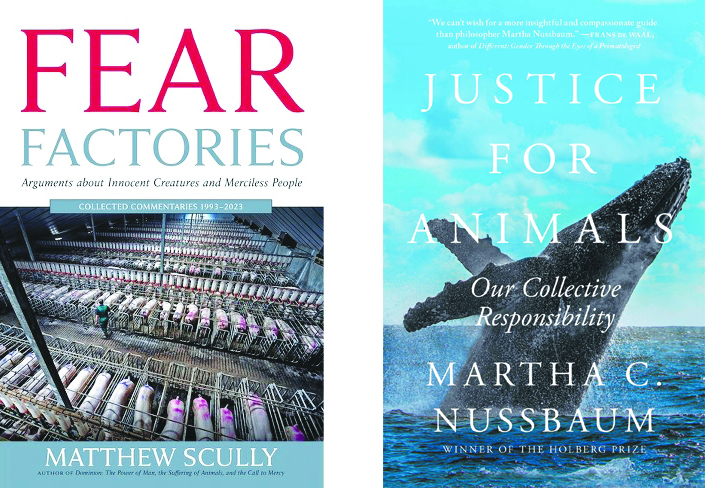Loreena McKennitt, The Road Back Home (Ume Records)
For most people, hearing the music of this platinum-selling ren-faire folkie evokes thoughts of witch conventions (by the by, we just went to one of those the other week at the Masonic Temple in Manchvegas, and Petunia was selling her witch stuff there); stinky, allergy-triggering incense and homemade “herbal tinctures,” whatever those are. To this day her big hit remains “The Mummer’s Dance,” a lively departure from most of her other fiddle-laden, Celtic Woman-inspired songs, which at least, praise Hepzibah, don’t have much tin whistle in them. This live album features a rendition of “On A Bright May Morning,” a concert-harp-buttressed exercise that’s depressing, lonely and inspirational at the same time, you know the routine. “Mummer” isn’t here, but the violinist gets a right smart workout on “Salvation Contradiction.” “Searching For Lambs” and its bummer cello lines are here too. A —Eric W. Saeger
Devon Thompson, “Poison Me” (Exquisite Feline Records)
Teaser single for an EP that’ll be out this spring from this Los Angeles-based singer, who’s been compared to PJ Harvey and Concrete Blonde’s Johnette Napolitano. What we’ve heard from her before has been pretty nice, starting with her 2023 debut single, “Soft Like Water,” whose plinky, vintage-themed guitars must have made plenty of Rasputina fans stand up (phlegmatically of course) and take notice. Then came “Napoleon,” which blended Sheryl Crow and both of the aforementioned ’90s-deconstruction princesses in a borderline cowgirl tune rooted in a Creedence Clearwater Revival vibe. With this new borderline-ballad song, she dabbles with a Siouxsie/Florence Welch sound but her tongue-in-cheek sensibilities lead to moments that make you think of B-52s singer Kate Pierson. She has a knack for sweeping epicness, and I think we’ll hear some remarkable stuff from her in future. But this song isn’t it, probably more a testing of the pop waters. A- —Eric W. Saeger
Playlist
A seriously abridged compendium of recent and future CD releases
• Like Sam The Sham and The Pharaohs once sang, watch it now, watch it, watch it — here comes March 15, and it has new albums for you! Here it comes, here it comes, look at ’em all, all these new freakin’ albums, what’s a music journo supposed to do with ’em all, someone tell me! Ack, great, here we go, I suppose I’ll have to pretend I’m not mad at arena-blues hacks The Black Crowes, but that’ll be hard. You see, they’ve been very cheap about sending out review copies of their CDs to us CD reviewers, so we can review them in our CD review columns, and even worse, it’s a pain to get them just to let us stream them, like they guard their stupid songs as if they’re Queen Nefertiti’s priceless collection of bejeweled scarabs instead of a bunch of hackneyed songs that pretty much sound like a Jack White side project. You know, while I’m at it, there’s been a trend lately in which bands do all kinds of stupid things to get reviews, and those things often backfire. Like, if you want me to talk about your album, don’t send the whole thing in an email, that’s Rule No. 1. Every week I have to arrange my emailbox by email size and delete all the multi-megabyte emails from public relations people and whatnot who think I have limitless space on my server, it makes me so mad, guys. That’s not the worst, though. The worst is when I just want to review someone’s album and their PR person sends me a link to some obscure streaming service that wants me to register, which I basically never do, but when I do, the page is a horrible, idiotic mess and I have no idea what to click so I can listen to their music. Whatevs, the new album from whatstheirface is Happiness Bastards, and — wait a second, watch it now, watch it, the whole album is available on YouTube right now, so I guess I have to walk back everything I said. They’re not total cheapskates, let me go listen to one of the songs, “Wanting and Waiting.” It’s very stompy, bluesy, mid-tempo and exceptionally boring, same old stuff, a Baptist choir singing every once in a while and such and so. Let’s move along.
• False teen idol Justin Timberlake parlayed his love for being in a famous boy band into marrying Jessica Biel, sounds like a square deal to me. Of course, before he became a boy-bander he was in the actual, literal Mickey Mouse Club, where he met and started dating fellow Mouseketeer Britney Spears, you know, like normal people do. Oh, whatever, I don’t care about this stuff, and you shouldn’t either, so why don’t I mosey on over to the YouTube and check out JayTee’s new album, Everything I Thought It Was, oh let’s do. Ack, the new song, “Selfish,” is really mellow, with some old, vintage-sounding 808 drum loop holding down da beats for a makeout-sexytime song about something or other, and JT is doing the usual boy band thing, trying to sound like Usher and all that nonsense, may I go now?
• Ha ha, it’s indie-rock whatchamacallits Dandy Warhols, with a new album, Rockmaker! 2024 will see these wanton sellouts commemorating the 20th anniversary of Dig!, the documentary covering their bizarre relationship with acid-dropping loons The Brian Jonestown Massacre. Don’t you feel old now, do you still have your skinny jeans and your Pokemon backpack? The single, “Rockmaker,” has a neat 1950s sock-hop groove to it, but wait, that’s just the beginning, let’s see if it gets bad. Hm, the singer thinks he’s Iggy Pop now, that’s cool. The chorus is OK. It’s not completely worthless.
• Finally it’s Lenny Kravitz, also known as “the ex of ex-Mrs. Jason Momoa,” is this dude really still around? The new LP, Blue Electric Light, features the single “TK421.” It sounds like Living Colour trying to be Men Without Hats. How did this even happen? —Eric W. Saeger






